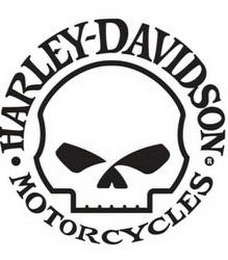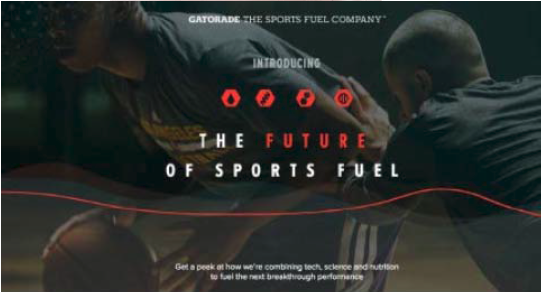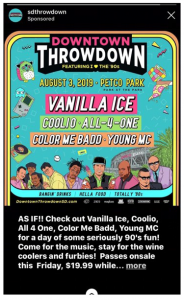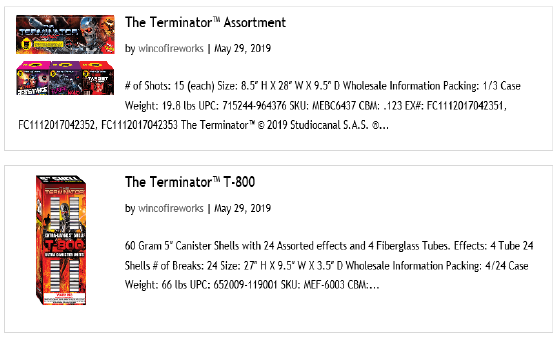Lafayette, Indiana – Lafayette Venetian Blind, Inc. (“LVB”), the Plaintiff, claims it has developed substantial goodwill in connection with its distinctive U.S. Trademark Registration No. 3537759 for the word “Allure” for use in connection with window blinds and treatements. LVB claims that Defendant, Blinds to Go (U.S.), Inc. (“Blinds to Go”), uses the term “Allure” “to sell competing goods to many of the same consumers served by LVB.” According to the Complaint, LVB has demanding Blinds to Go cease and desist from using the “Allure” mark in connection with Blinds to Go’s window treatments, but it has failed to do so.
As such, LVB is seeking declaratory relief that it has superior rights to the term “Allure” and has the right to use the term “Allure” throughout the United States for “manufacturing, designing, and selling window treatments, blinds, shades, and related products and services.” Further, LVB is seeking damages for trademark infringement and unfair competition and false designation of origin under the Lanham Act (15 U.S.C. § 1114 and 15 U.S.C.A. § 1125(a), respectively). Finally, LVB is claiming damages for common law trademark infringement and passing off/unfair competition.
The case was assigned to Judge Phillip P. Simon and Magistrate Judge John E. Martin in the Northern District and assigned Case 4:20-cv-00021-PPS-JEM.
 Indiana Intellectual Property Law News
Indiana Intellectual Property Law News













